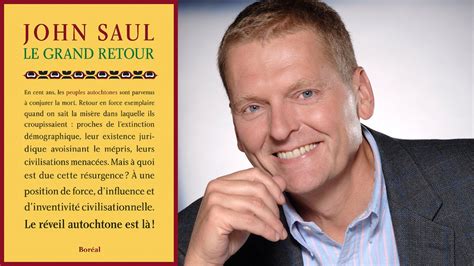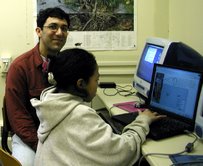A Quote by Moliere
Reasoning is the pastime of my whole household, and all this reasoning has driven out Reason.
Related Quotes
I would call the attention of the reader to the difference between "reason" and "reasoning." Reason is a light, reasoning a process. Reason is a faculty, reasoning an exercise of that faculty. Reasoning proceeds from one truth to another by means of argumentation. This generally involves the whole mind in labor and complexity. But reason does not exist merely in order to engage in reasoning. The process is a means to an end. The true fulfillment of reason as a faculty is found when it can embrace the truth simply and without labor in the light of single intuition.
The deep paradox uncovered by AI research: the only way to deal efficiently with very complex problems is to move away from pure logic.... Most of the time, reaching the right decision requires little reasoning.... Expert systems are, thus, not about reasoning: they are about knowing.... Reasoning takes time, so we try to do it as seldom as possible. Instead we store the results of our reasoning for later reference.
I had always been very rational, but I'd always used reason in such a way as to convince myself that reasoning alone would not solve anything, really. Reasoning is theoretical. Until you feel with your heart, you don't know if a thing is true. I found that book was absolutely authentic. I absolutely knew it was the truth. My whole heart accepted it.
The number of people that can reason well is much smaller than those that can reason badly. If reasoning were like hauling rocks, then several reasoners might be better than one. But reasoning isn't like hauling rocks, it's like, it's like racing, where a single, galloping Barbary steed easily outruns a hundred wagon-pulling horses.
... if you insist that the inference is made by a chain of reasoning, I desire you to produce that reasoning. The connection between the two is not intuitive. There is required a medium, which may enable the mind to draw such an inference, if indeed it be drawn by reasoning and argument. What that medium is, I must confess, passes my comprehension; and it is incumbent on those to produce it, who assert that it really exists, and is the origin of all our conclusions concerning matter of fact.
Any man who stands for progress has to criticize, disbelieve and challenge every item of the old faith. Item by item he has to reason out every nook and corner of the prevailing faith. If after considerable reasoning one is led to believe in any theory or philosophy, his faith is welcomed. His reasoning can be mistaken, wrong, misled and sometimes fallacious. But he is liable to correction because reason is the guiding star of his life. But mere faith and blind faith is dangerous: it dulls the brain, and makes a man reactionary.






































